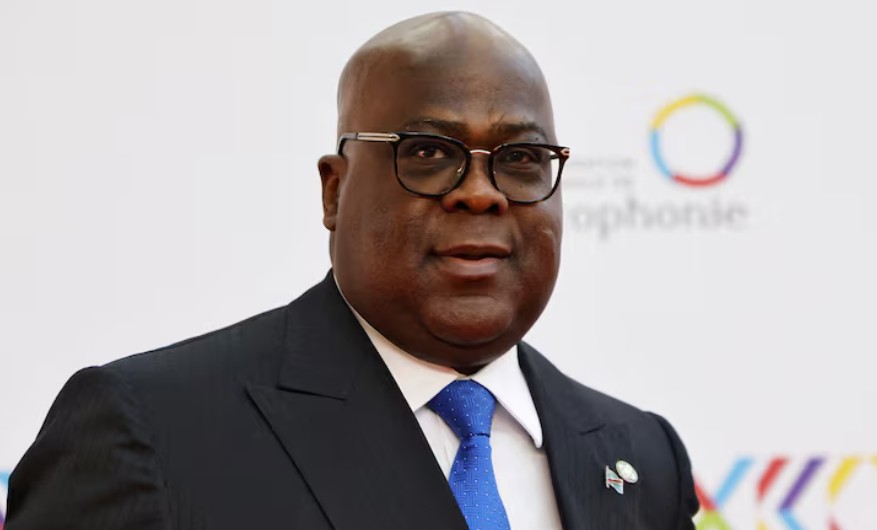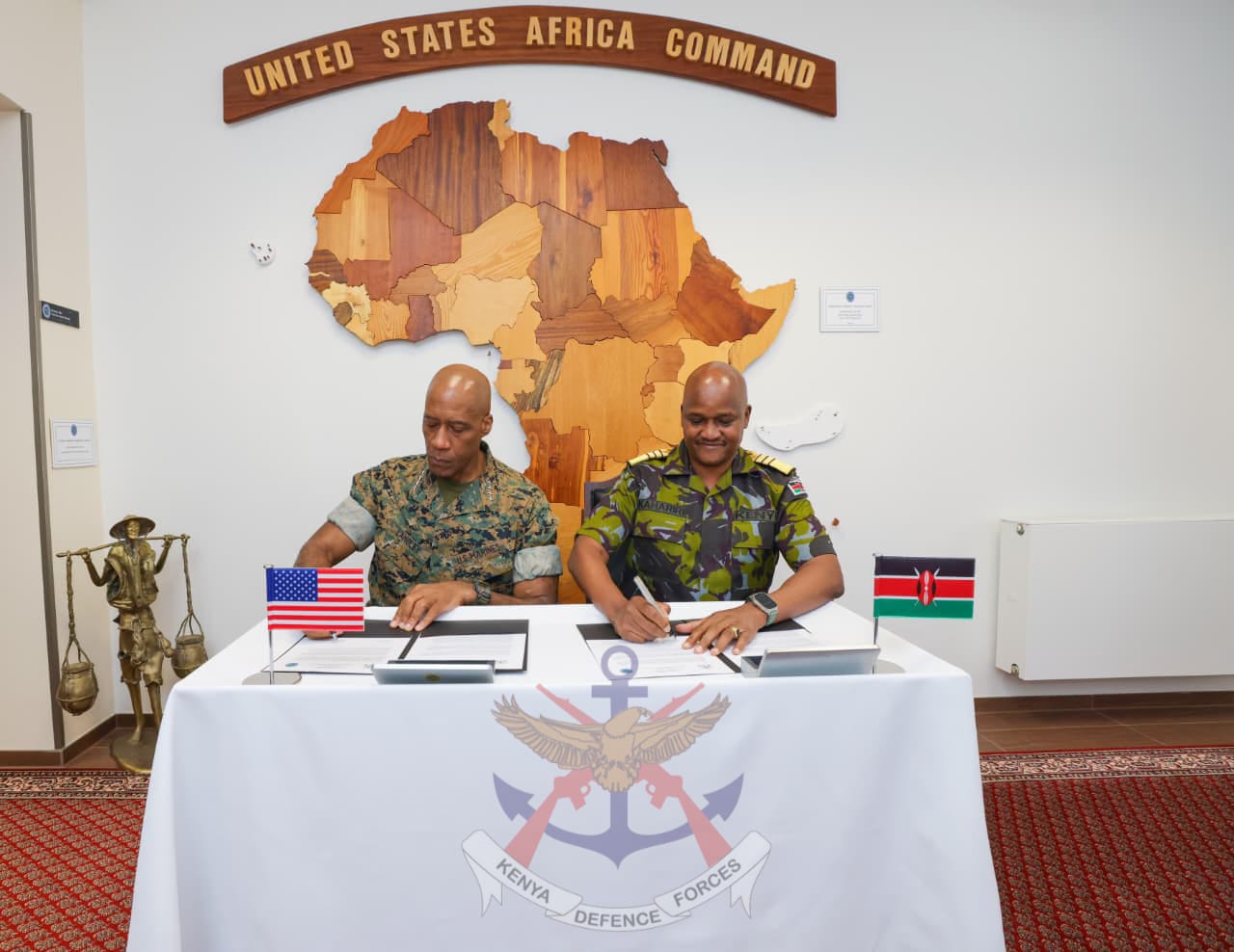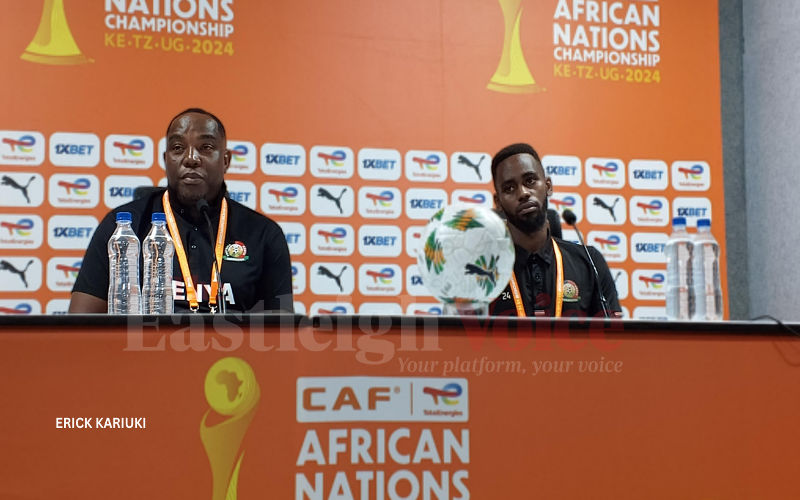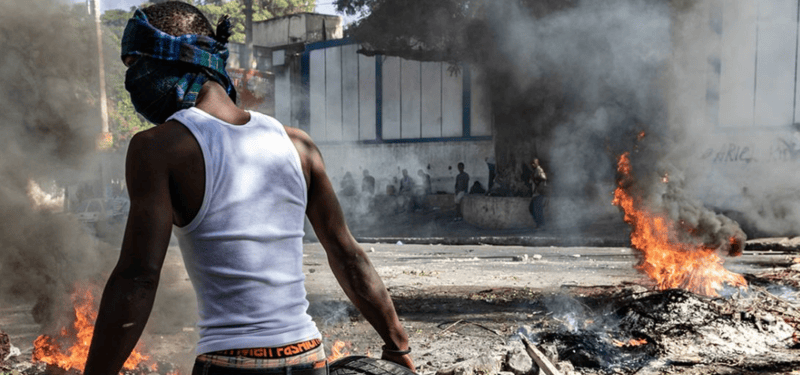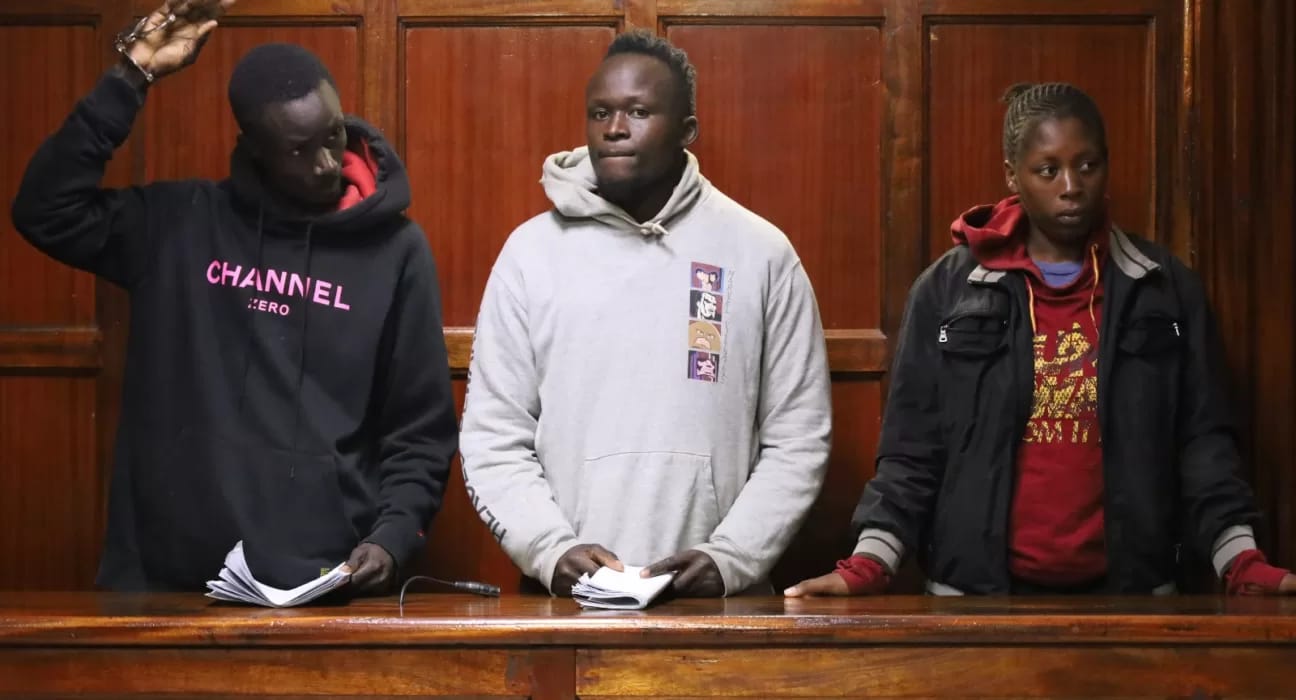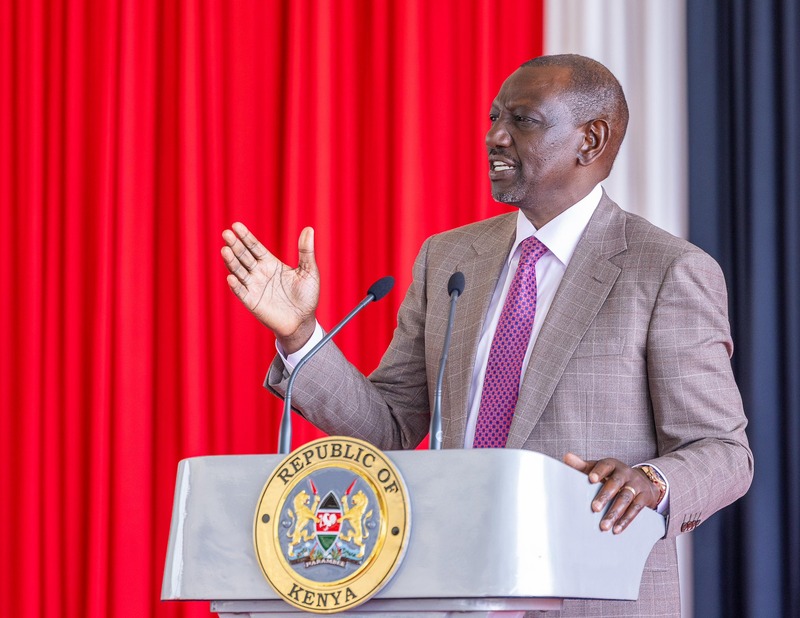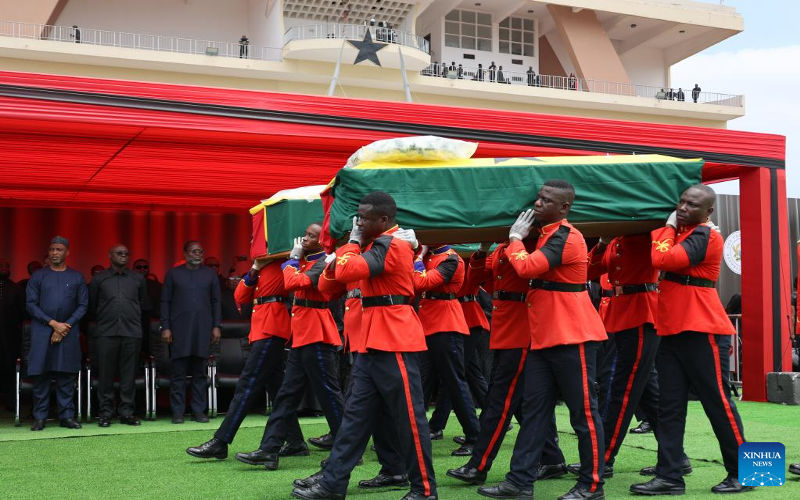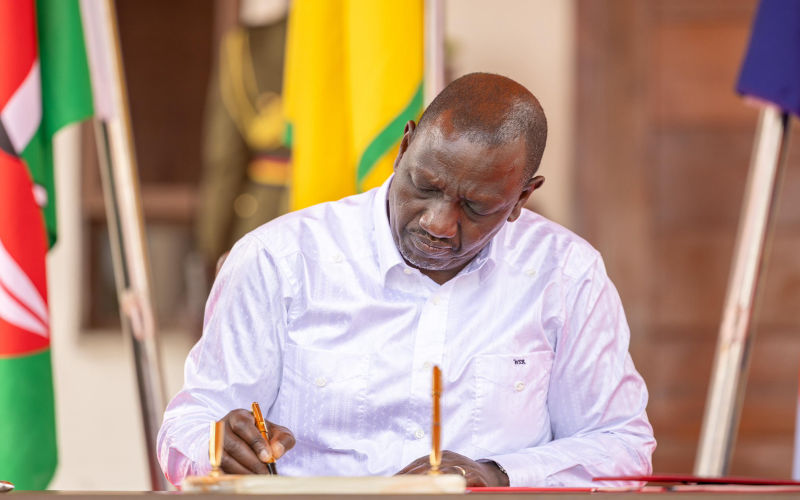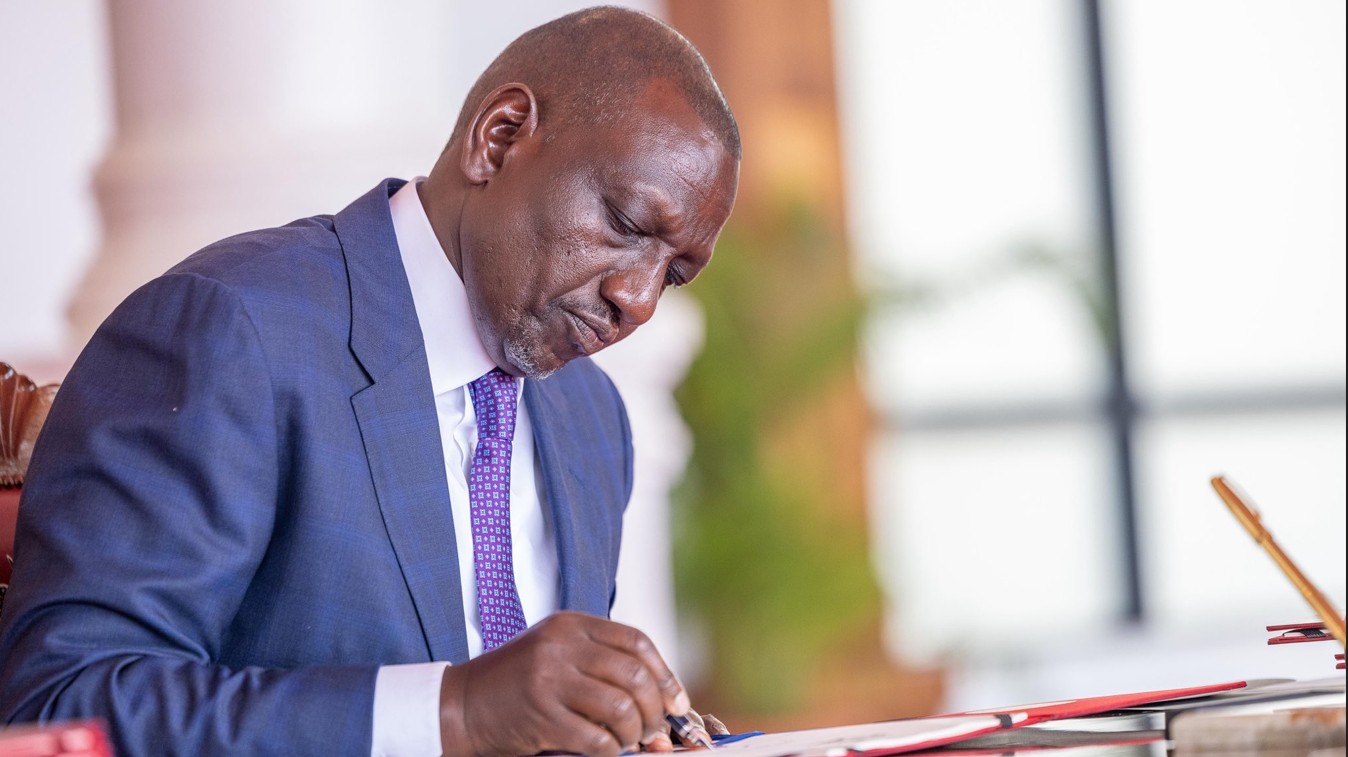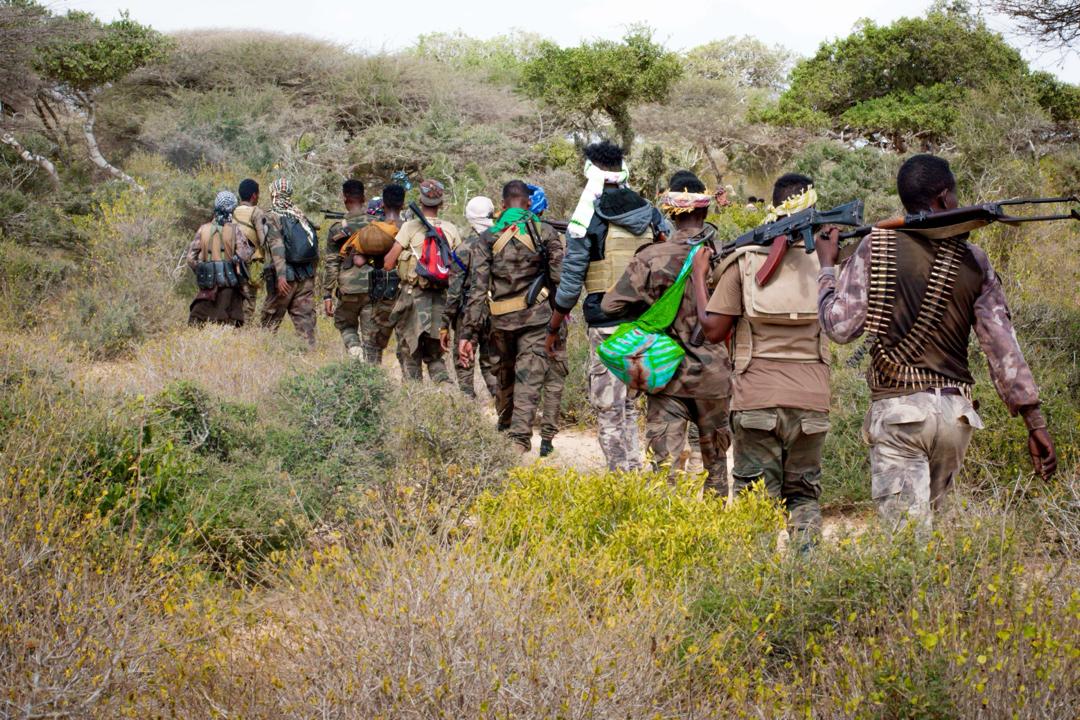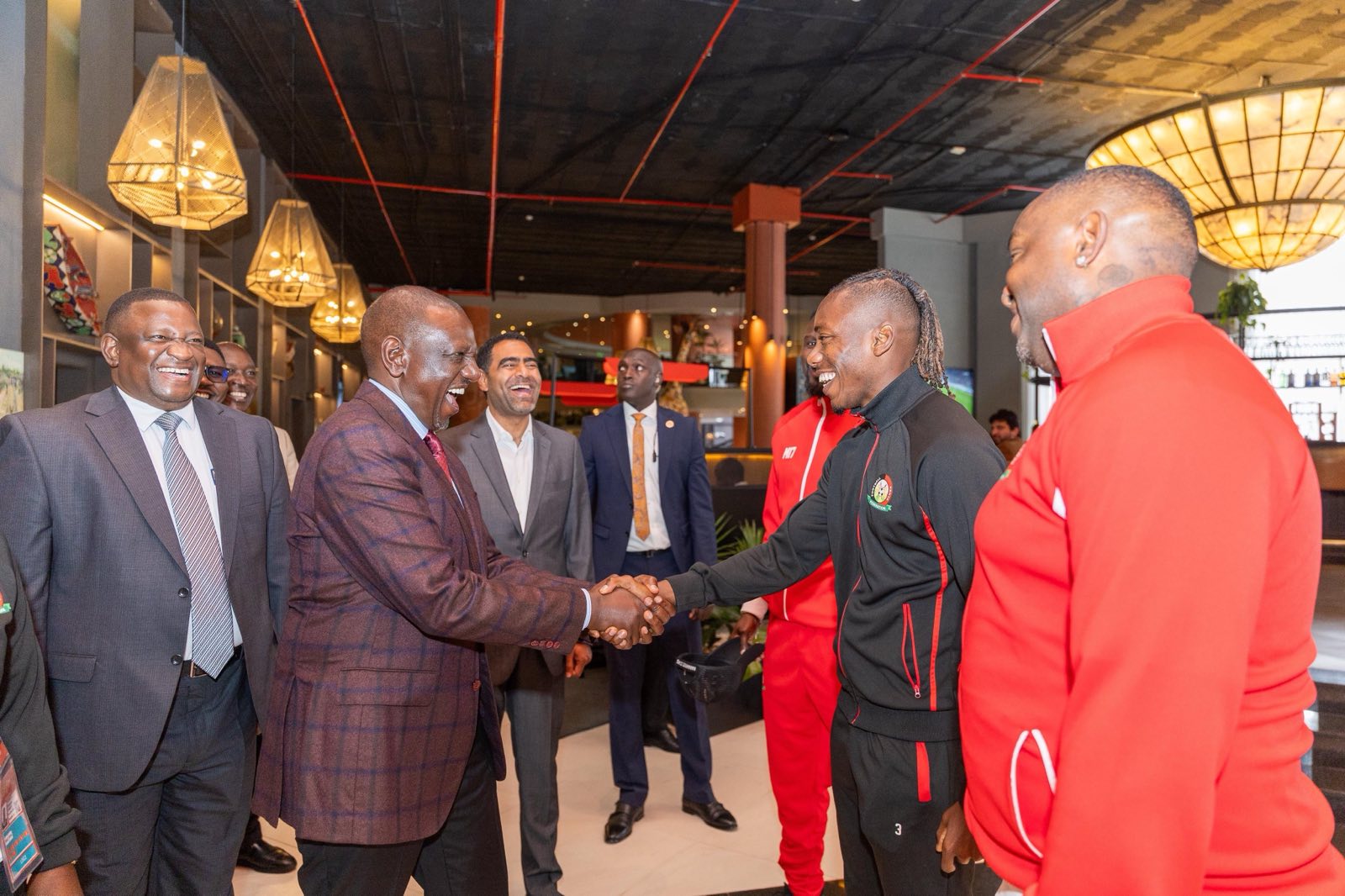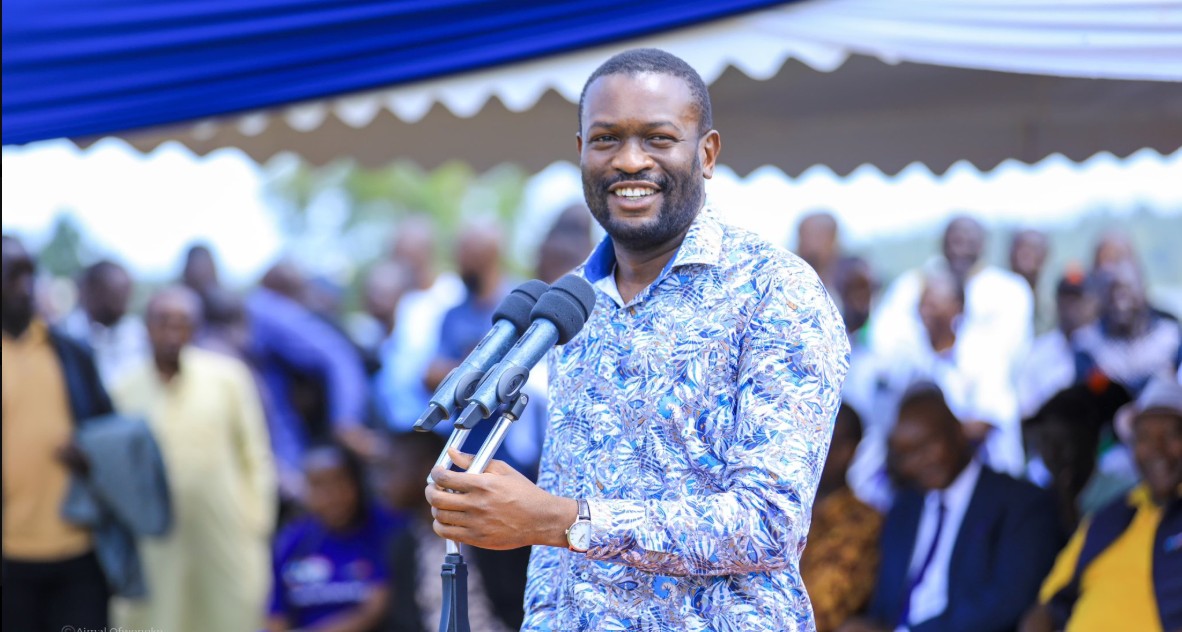Why Kiswahili is the fastest growing language in Somalia
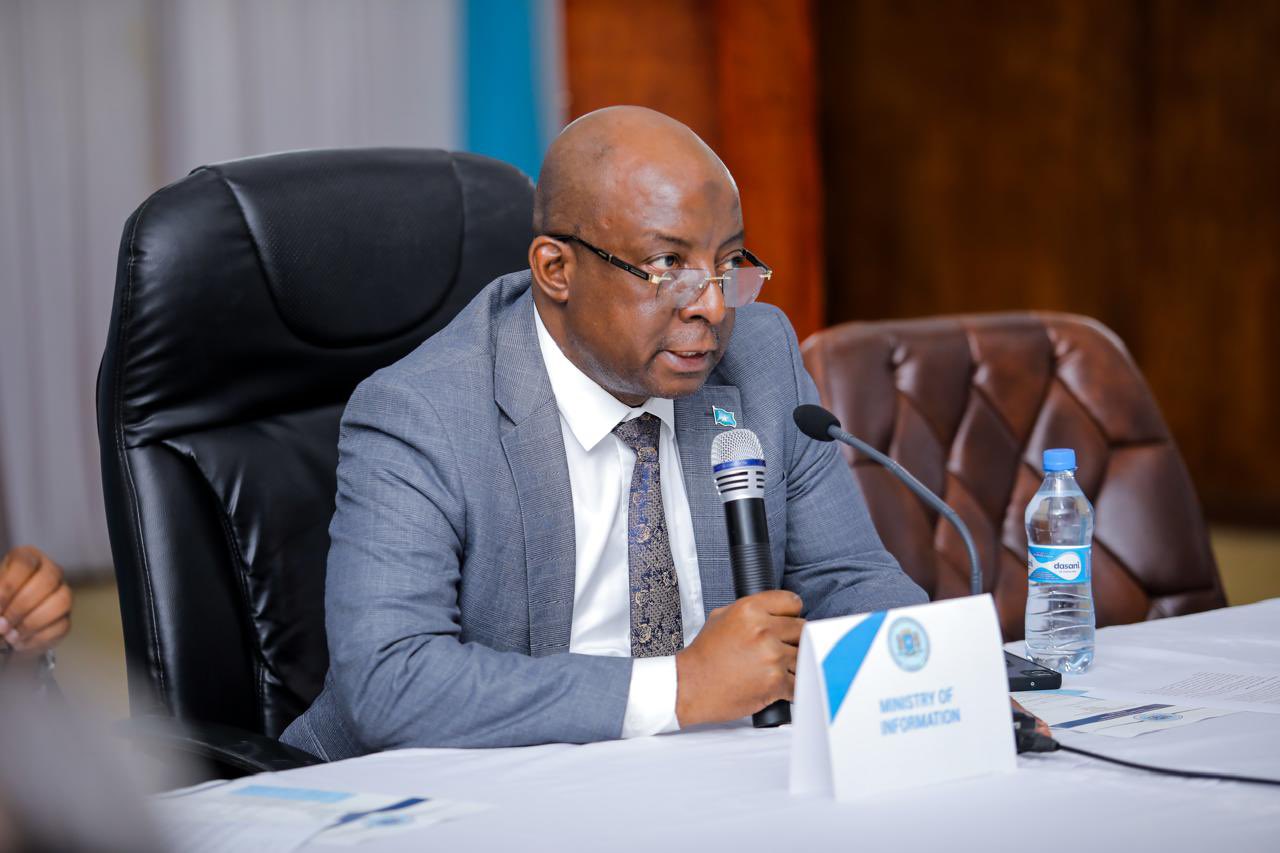
A stabilising Somalia has seen a return of some of its nationals from Kenya, many of whom went through the Kenyan education system and speak Kiswahili.
When Somalia officially joined the East Africa Community (EAC), the country’s Information Tourism and Culture Minister Daud Aweis Jama kicked up a storm when he addressed the media in Arusha in fluent Kiswahili, explaining the importance of Somalia joining the regional bloc. Somalia’s official government media outlet SONNA posted the minister’s statement on its social media pages in Kiswahili.
But not everyone was amused by Daud’s address in Kiswahili, a language spoken by over 150 million people in East and Central Africa.
More To Read
- From Bungoma to the world: How I turned passion for Swahili into global classroom - Abdulkarim Murunga
- How Kiswahili is building a cultural bridge between China, Tanzania
- Rwanda to host 2025 World Kiswahili Language Day celebrations in Kigali
- Kiswahili and French recognised as official languages of the EAC
- 'Panya route' joins Oxford English Dictionary as second Swahili word
- Why all college and university students should learn Kiswahili
“The official languages of the Somali government do NOT include Kiswahili. It’s Somali and Arabic,” political commentator Hodan Ali wrote on her X account, triggering a debate on the matter.
“Those who are uncomfortable with Kiswahili should realise it is native to Somalia’s coast and has been used for centuries in Somalia and along the East African Coast, all the way to the Mozambique coast,” Issa Abukar said in an interview.
Issa was raised and educated in Kenya’s capital Nairobi and speaks fluent Kiswahili.
“The reality is that even before the EAC talk, Kiswahili has been the fastest growing language in Somalia due to several reasons, one being the presence of a significant population of returnees from Kenya who picked up the language while in exile,” Issa told The Eastleigh Voice.
Thousands of Somalis fled to Kenya when civil war erupted in 1991. A second and third generation of Somalis exiled in Kenya adopted Kiswahili as a second language.
A stabilising Somalia has seen a return of some of its nationals from Kenya, many of whom went through the Kenyan education system and speak Kiswahili.
“The indigenous (people) of the Somalia coast speak Kiswahili as their first language. There is a difference between being an ethnic Somali and being a Somali national or citizen,” a UK-based history scholar Jelani Omar said in an interview.
Native Swahili speakers
A population of native Swahili speakers can be found in southern Somalia from the port city of Barawa to the north, to Ras Kiamboni at the border with Kenya.
The towns and villages in this part of Somalia have Swahili names like Mnarani, Kwa Odo, and Mafufusi, among others.
It is from this part of Somalia that the legendary Taarab singer Asha Abdow, or Bi Malika, hails from. Malika’s fame in the Kenyan music arena came after her 1993 hit song Vidonge. Many Kenyans were not aware that Malika, an ethnic Bajuni, was from Somalia. Before fleeing to Kenya, she was working for the government-run Radio Mogadishu.
“I started singing in 1962 at Radio Mogadishu. I was employed as a Kiswahili singer. People in Kenya listening to Radio Mogadishu would be surprised to hear someone in Somalia singing in perfect Kiswahili,” Malika said in an interview from the US where she currently lives after she left Kenya in the 1990s.
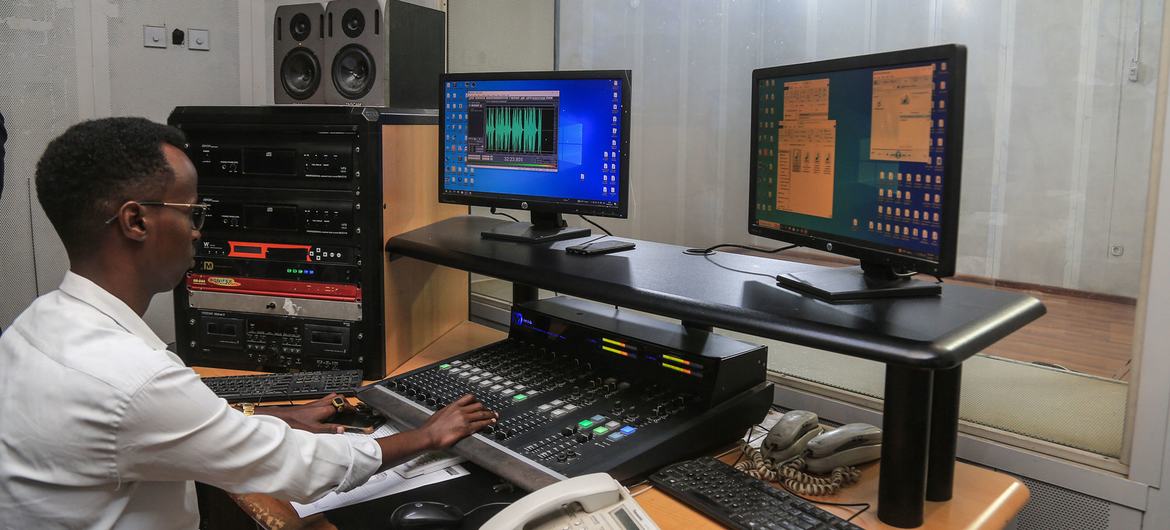 Radio Mogadishu is now broadcasting using digital technology. (Photo: UN/Mukhtar Nuur)
Radio Mogadishu is now broadcasting using digital technology. (Photo: UN/Mukhtar Nuur)
In Barawa, the capital of the South West State, another Kiswahili dialect called Chimiini is spoken. It is the native language of the locals who refer to themselves as “wantru wa miini” or the people of the city.
In 2021, authorities banned Radio Barawa from broadcasting in Chimiini, which is not a national language in Somalia. The ban, the second one in two years, was revoked after protests.
It became a topic of interest for politicians who rode on it to seek political mileage in an election year. That year, former Somali president Shariff Sheikh Ahmed shared a video message in the Chimiini language to show support for the Barawa Kiswahili speakers.
“Historically, the Swahili coast ran from Mogadishu to Mozambique. Some Swahili elders claim that Mogadishu was a corruption of the name Mji wa Mwisho or the last Swahili city-state to the north. Kismayu is derived from the Kiswahili word kisima (a well), Yuu meaning “up” in the Bajuni dialect since the water table in the city was seen to be high by the first settlers,” Abdurahim Ali Bakathir, a Kenyan Swahili culture and language scholar, told The Eastleigh Voice.
When the African Union troops were deployed to Somalia in 2007, they contributed to the growth of Kiswahili in the country. Ironically much of this contribution came from countries assumed to be non-Kiswahili speaking — Uganda and Burundi.
Unlike in Kenya where military parade command is strictly conducted in English, the Uganda People's Defence Forces use Kiswahili.
The interaction of Ugandan soldiers was to some extent seen to have contributed to the spread of Kiswahili in Mogadishu and surrounding regions of Middle Shabelle and Lower Shabelle.
Last month at a Kenya-Somalia investment conference in Mogadishu, a rendition of the EAC and the Somalia anthems by a local school, the Royal Muslim Academy, won the hearts of many. The Mogadishu school children sang the Jumuiya anthem in perfect Kiswahili, a sign of integration through language.
Top Stories Today


